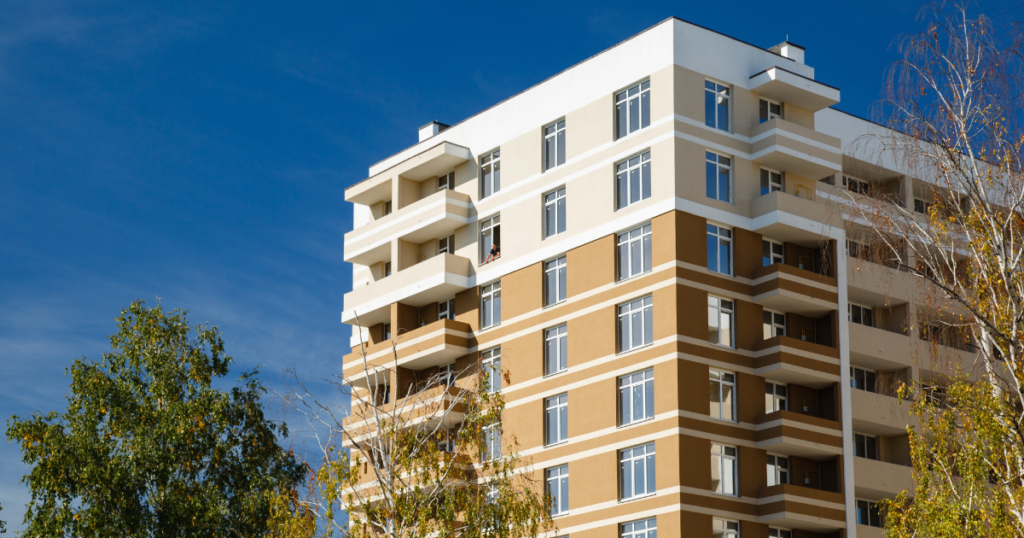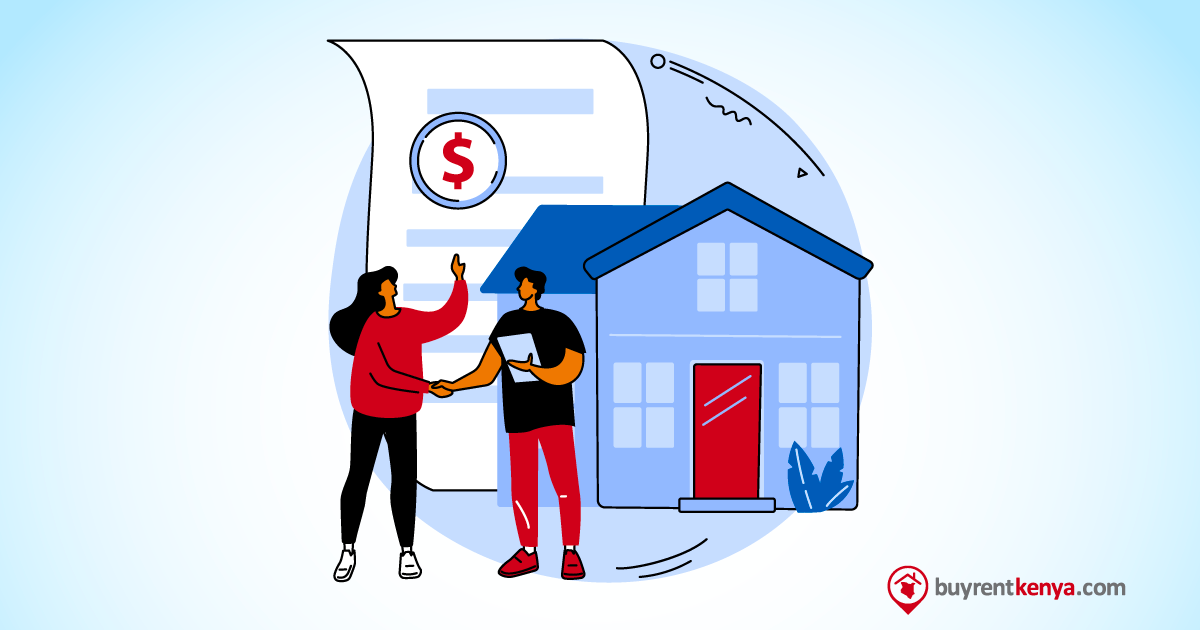Changes continue to shake up Kenya’s property industry. The most recent was on 21 June 2022, when Kenya’s President signed the Finance Act, 2022 into law (the Act). The Finance Act of 2022 amended the Income Tax Act (ITA) by raising the capital gains tax (CGT) rate from 5% to 15%. The tax, which went into effect on Monday, January 2, is expected to impact Kenyan real estate investments and private equity deals.
READ ALSO: Types of Taxation in Kenya for a Real Estate Investor
The increased tax comes in the wake of rising home prices in Nairobi and land costs in satellite towns surrounding the capital, which have reached new highs due to renewed buyer demand. Part of the reason the government is seeking to raise capital gains tax now is that Kenya wants to be at par with regional countries in terms of the rate of tax applied on property disposal. Furthermore, with rising public debt, the government is under increased pressure to meet tax revenue targets.
In this blog, we will examine how the Finance Act of 2022 will affect property ownership in Kenya, particularly when selling, at which point Capital Gains Tax will be due.
READ ALSO: Becoming a Successful Real Estate Investor
Table of Contents
What is Capital Gains Tax?

Capital Gains Tax (CGT) refers to the gain or profit realized from the sale of a property. It is a tax levied on the difference between the sales price and the property’s cost.
In simpler terms, it is the tax on the profit you make (the selling price less the purchase price and the costs incurred up to the time of the sale). And the seller pays for it.
To demonstrate what this really means, consider the following hypothetical situation:
If you bought a plot of land 5 years ago for Ksh. 20,000,000.00, with incidental costs of an additional Ksh. 1,000,000.00 and developed a block of apartments on it for another Ksh. 60,000,000.00 and now sell it for Ksh. 100,000,000.00 in a process that costs you approximately Ksh. 10,000,000.00, this is what your capital gains tax would look like:
First, we work out the net gain
Net Gain = (Transfer value – Incidental Costs on Transfer) – Adjusted Cost ( Acquisition Cost + Incidental Costs on Acquisition + Any enhancement Cost)
So: (100,000,000.00 – 10,000,000.00) – (20,000,000.00+1,000,000.00+60,000,000.00) = 9,000,000.00
In the rates of 5% capital gains tax, you would pay Ksh. 450,000.00.
With the new law at 15%, you will have to fork out Ksh.1,350,000.00
Exemptions on Capital Gains
According to the KRA, not all capital gains are taxable; there are some exemptions
- Income that is taxed elsewhere, such as property dealers.
- The issuance of a company’s own shares and debentures.
- Transfer of property for the sole purpose of securing a debt or a loan
- Transfer of property by a creditor for the sole purpose of returning property used as security for a debt or a loan
- Transfer of any property to a person as a beneficiary in the course of administering the estate of a deceased person
- Transfer of assets between spouses:
- Transfer of assets between former spouses as part of a divorce settlement or a valid separation agreement
- To a company in which spouses or spouses and immediate family own 100% of the stock.
- A private residence is if the individual owner has occupied the residence continuously for the three years preceding the transfer in question.
- Sale of land by an individual for less than Kshs. 3 million
- Agricultural lands for less than 50 acres
- Transfer of securities by a body expressly exempted under the Income Tax Act
Implications of Higher Capital Gains Tax on the Real Estate Market
The increase in CGT from 5% to 15% may erode investor confidence in the real estate market. Investors may want to lower the prices of their properties to avoid paying additional taxes on their gains. This affects the growth of the industry.
On the other hand, we can still expect investors to continue to invest in Kenya, due to the lower CGT rate compared to other East African countries. Kenya is ranked fourth in Africa for ease of doing business, therefore inspiring confidence. Furthermore, it is regarded as the main economic hub of East Africa and is one of the fastest-growing African economies.
READ ALSO: How to Identify Real Estate Investment Opportunities- Kenya
Potential Implications on Sectional Titles

The Properties Act aims to divide buildings into units to be owned by individual proprietors. This enables real estate investors to sell units with their own titles and profit from the sale of each unit. Because each sectional unit must have its own title, investors will be taxed 15% on the profits from the sale of each sectional unit.
READ ALSO: All You Need To Know About Sectional Titles in Kenya
The increase in CGT has the potential to drive up the prices of sectional units sold to buyers, as each investor may want to ensure a profit margin on each unit sold. As a result, buyers of sectional units may be forced to pay more to meet the prices of units sold by the developer.
How to pay CGT in Kenya
- CGT is payable on or before the transfer of property, but no later than the 20th day following the transfer.
- Payment should be made online through iTax.
- Cash, check, or RTGS are all acceptable modes of payment.
- You will receive a payment slip after initiating payment.
- To complete payment, present the payment slip along with the due tax at any KRA-approved bank. (The payment slip is only valid for 30 days)
To learn more about How to Pay Capital Gains Tax, follow this link to the KRA’s website.



